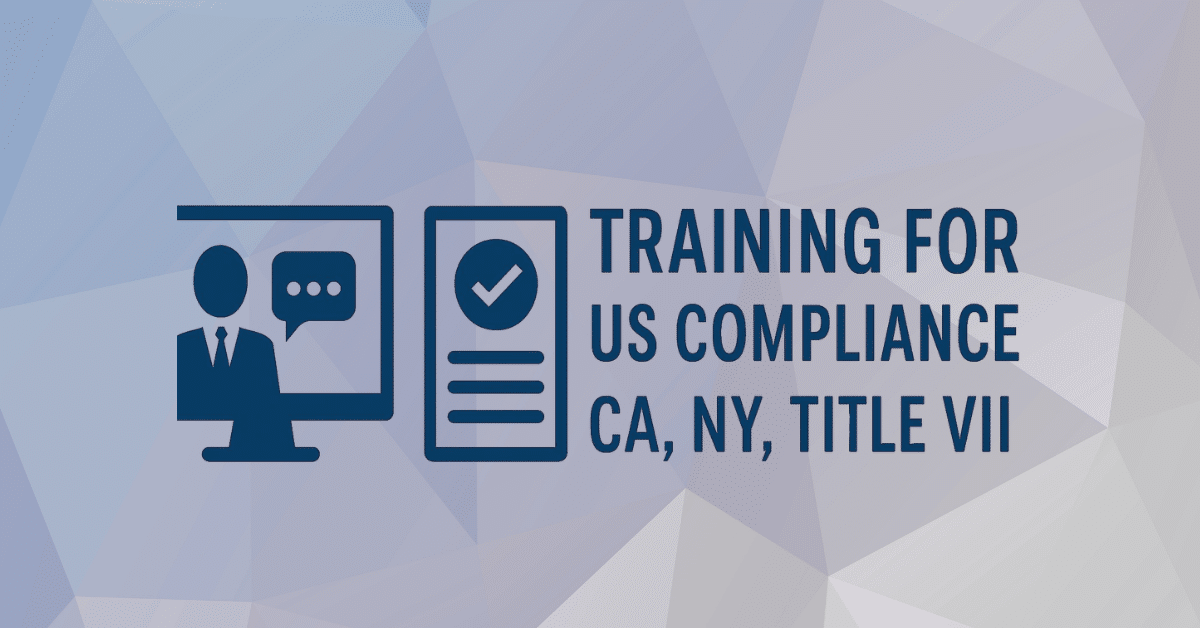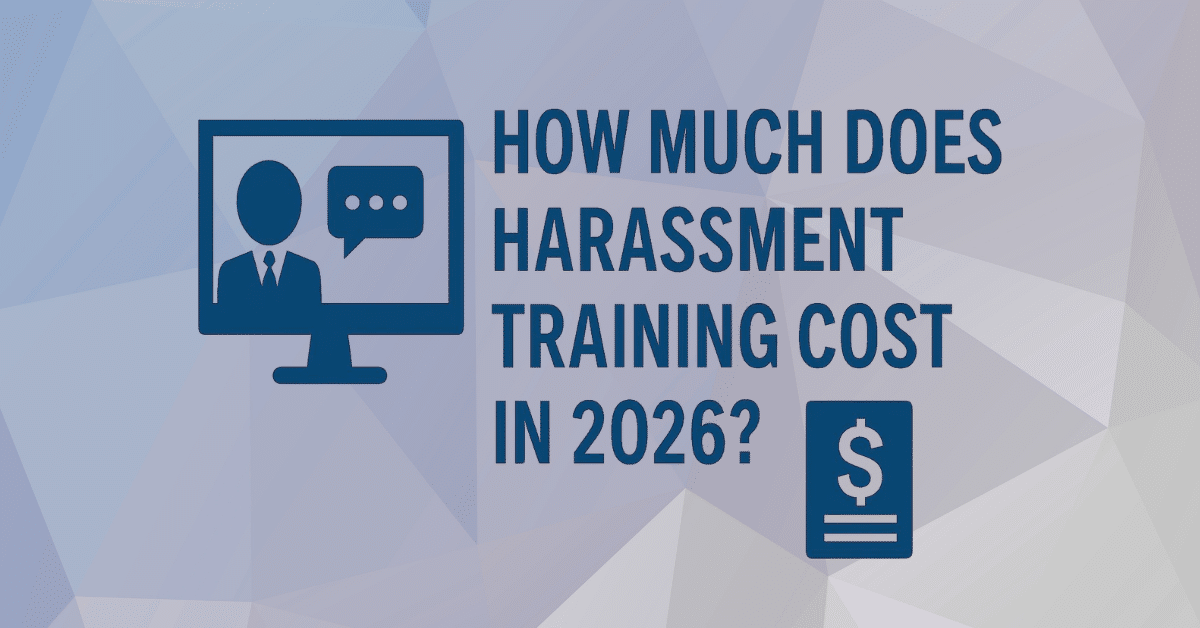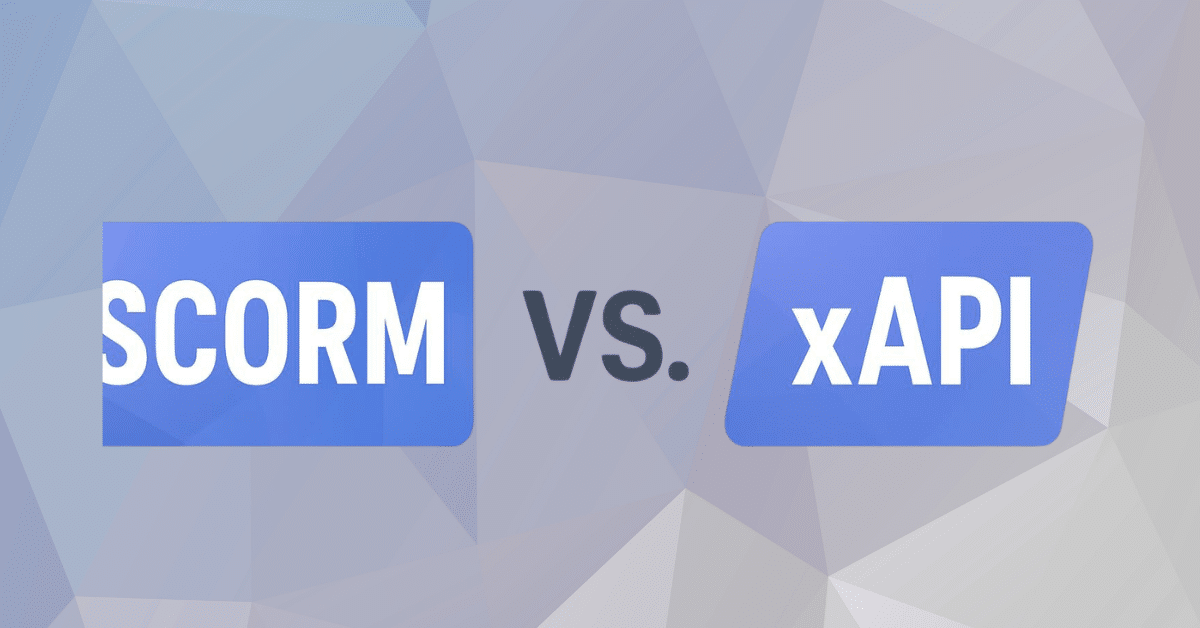This article was written by Elissa Rossi, Vice President of Compliance Services at Traliant, a leading provider of online compliance training available through Coggno.
As the legal landscape evolves, a comprehensive and effective corporate compliance program is more important than ever. Federal and state regulators want clear evidence that companies are proactively working to prevent misconduct, through meaningful policies and through a culture that empowers employees to live those policies every day.
That’s where compliance training is essential. Training not only tells employees what your policies say and prepares them to recognize and respond to potential misconduct, but it also provides a defendable record that your organization takes compliance seriously.
From Policy to Practice: Why Training Is Critical
Many organizations have well-written Codes of Conduct or anti-corruption or harassment prevention policies. But when enforcement agencies like the Department of Justice (DOJ), SEC, or EEOC investigate, they look for more than policies. They ask: Did employees understand the rules? Were they regularly reminded? Did the company make a good-faith effort to prevent this from happening?
Training is a key part of answering those questions.
Whether it’s anti-bribery compliance under the Foreign Corrupt Practices Act (FCPA), preventing and correcting harassment and discrimination or meeting workplace violence prevention laws, training is how organizations operationalize their policies. It moves compliance from the legal team’s desk into the day-to-day decision-making of employees across all levels.
Evolving Risks Demand a Culture of Compliance
The scope of compliance has expanded dramatically in recent years. Organizations must contend with:
- Data privacy and cybersecurity: Protecting sensitive information is an enterprise-wide responsibility. Training ensures employees understand how to safeguard personal data under regulations like the California Consumer Privacy Act (CCPA), General Data Protection Regulation (GDPR), and the Health Insurance Portability and Accountability Act (HIPAA), while reinforcing a culture of security and trust.
- Harassment and discrimination prevention: Harassment prevention, bystander intervention, and anti-discrimination training are baseline expectations for companies to not only reduce legal risk but also foster a culture of respect where employees feel safe, supported, and empowered to speak up.
- Insider threats and financial misconduct: Training in fraud prevention and ethical handling of confidential information is critical – as is educating employees in public companies to avoid insider trading. By reinforcing employees’ roles as gatekeepers of integrity, organizations strengthen compliance and protect their reputations in an increasingly transparent world.
- Workplace violence prevention: With new laws such as California’s Workplace Violence Prevention Law and New York’s Retail Worker Safety Act, organizations must go beyond policies on paper. Training equips employees to identify, report, and help prevent threats, a proactive approach that not only ensures compliance but safeguards lives.
Across all these domains, training builds a shared understanding of risk, expectations and accountability. It also gives regulators the evidence they increasingly demand that your company didn’t just write a policy but embedded it into the culture.
Legal Defensibility Starts with Preparation
When compliance failures occur, regulators and courts consider how well-prepared the organization was. Documented training efforts, regular refreshers, and records of participation all contribute to legal defensibility. In some cases, demonstrating a credible compliance training program has resulted in reduced penalties or even avoided enforcement action altogether.
Compliance training is more than a check-the-box requirement. It’s how organizations show that they mean what they say. It empowers employees to make ethical choices, gives leaders the tools to support a culture of accountability, and provides regulators with tangible proof that your company isn’t just responding to misconduct when it occurs, it’s committed to preventing it.
About the author
Elissa Rossi is Vice President of Compliance Services at Traliant. She practiced employment law and litigation at various law firms, including Boyd Richards and Wilkie Farr. She has also served as an Assistant Attorney General in New York’s Attorney General’s Office. Elissa has represented clients in state and federal actions and in administrative proceedings before the EEOC and other regulatory bodies. She is a graduate of the University of Pennsylvania and the University of Chicago Law School.


















